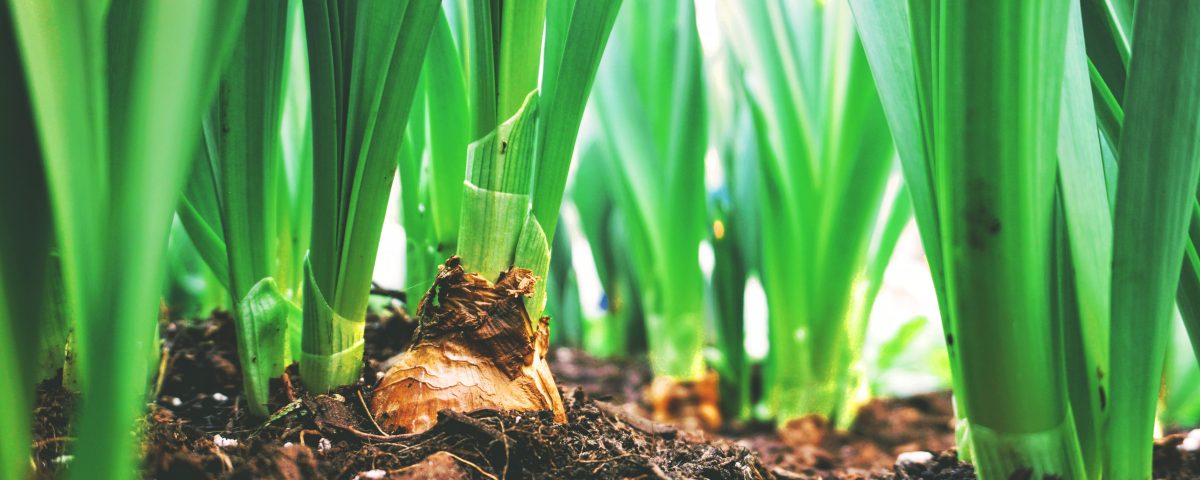
Fact or fiction: The truth about compostable bags
The popularity of plastic alternatives is booming. All at once we’re seeing new products hit the market, increased competition, widespread use of green marketing, and even misinformation regarding the eco credentials of compostable products. So, here are the facts…
‘Normal’ plastic bags are bad for the environment
Fact. Plastic bags are made from polyethylene – typically either high-density polyethylene (HDPE) or low-density polyethylene (LDPE). Single-use plastic bags have been criticised (and ultimately legislated against) because their useful life is short yet it takes considerable resource to produce (polyethylene is derived from natural gas and petroleum) and after being disposed of the bags hang around for hundreds of years clogging up landfills, polluting waterways or blowing into the bush.
Compostable plastic is just as bad
Fiction. The ecopack compostable range is manufactured from corn starch bio-resins, PLA and PBAT. This new compostable material is designed to degrade in moist conditions and return to carbon dioxide and water without leaving harmful residues in the process. Our compostable products are all certified to strict international standards and we go so far as to use non-toxic inks in printing on these products.
All compostable bags are equal
Fiction. Please beware the some companies will use the term “biodegradable” when “degradable” would be more appropriate (composting is a specific biodegradation process so if something is compostable then by default it is biodegaradable). Please also beware that some products are suitable for industrial (or commercial) composting but may not break down adequately in a backyard compost pile. All ecopack compostable products are certified for both home and industrial composting.
Ecopack compostable bags are somewhat shiny and therefore not as “eco-friendly”
Fiction. When considering the performance of a product please verify the credentials rather than an opinion-based look or feel. The different techniques and resin blends used in manufacturing compostable materials can alter their appearance sometimes but eco credentials should be based on globally recognised certification.
Compostable bags are considered better for the environment because they break down
Fact. Our compostable bags will take approximately 90-180 days to decompose depending on the composting environment. Industrial composting is typically quicker than home composting because the temperatures reached inside an industrial compost is often 50°C – with peaks of 60-70°C – and sustained for a number of months. A home compost bin, on the other hand, is usually only a few centigrade degrees higher than the outside temperature, and this is true for short time periods.
Compostable bin liners feel different to traditional plastic and have some special considerations
Fact. This new material is different to traditional plastic (because it’s designed to break down!). To avoid disappointment, it’s recommended users change their liner every 2-3 days, avoid excessive moisture, avoid sharp objects, and store them in a cool dry place. Ecopack compostable products have a shorter shelf life than traditional plastic packaging and users are instructed to use within 8 months of manufacture date (that said, if stored correctly, many of these products will last 9-24 months).
Compostable bags are not as strong as traditional plastic bags
Fiction. The bags are designed to withstand the weight carried by a similar sized traditional plastic bag. And our compostable bags have been constructed with extra microns to prevent tearing.
Compostable bags contain PBAT. And PBAT is plastic.
Yes, compostable bags do indeed contain PBAT but it’s important to understand what PBAT is and why it’s a necessary ingredient. PBAT (Polybutyrate Adipate Terephthalate) is biodegradable and will decompose in a home compost leaving behind no toxic residues but, where it gets a bad rap is that, it’s derived from petrochemicals (and is therefore not renewable). PBAT is the binding agent in bio-bags and also helps them decompose. The ultimate would be to find a 100% bio-based non-oil derived resin, and the hunt is on, but until a renewable alternative has been found PBAT is absolutely necessary in the production of compostable products.
Ecopack products contain plastic
Fiction. Ecopack products do not contain any polyethylene (or “traditional plastic”). Our compostable material, sometimes called bio-plastic, is made from GMO-free corn starch, PLA and PBAT. Some may argue that PBAT is a derivative of petroleum, and this is true, much in the same way that many shampoos contain ingredients derived from petroleum but are not considered “plastic”.
Photo by Maarten van den Heuvel on Unsplash.

